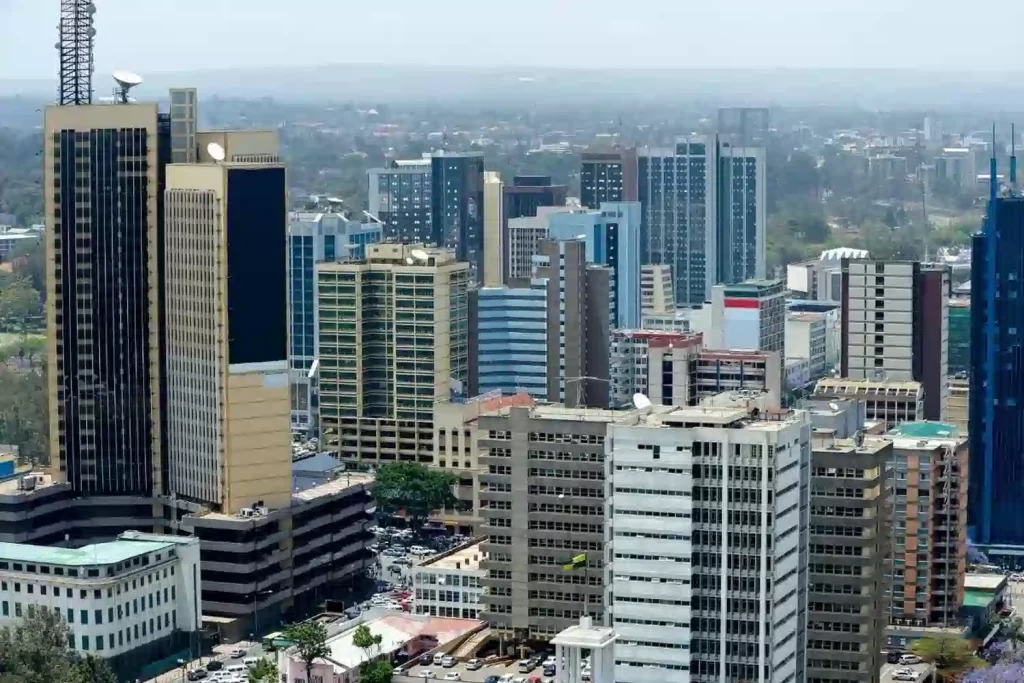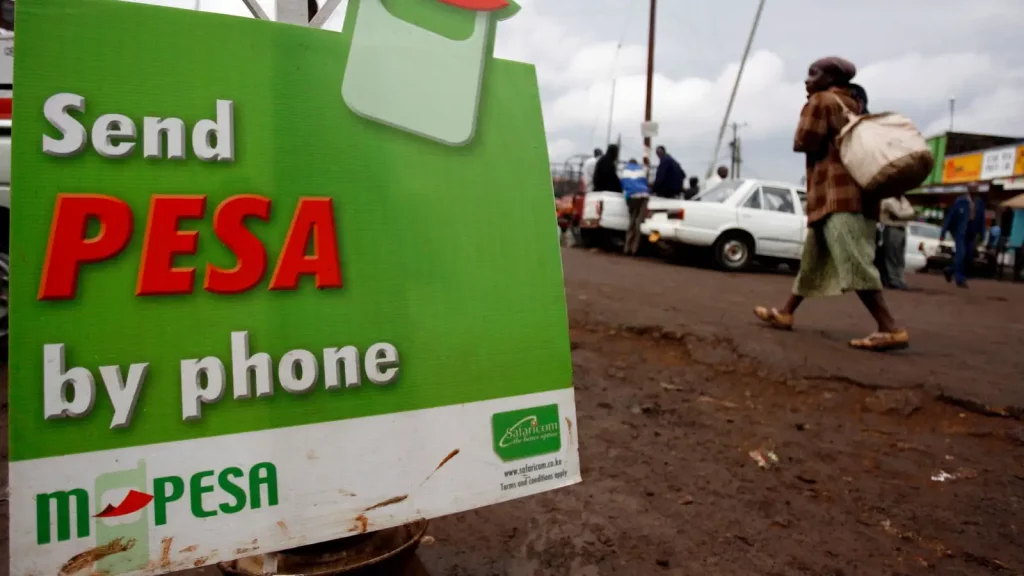Data from Nigeria’s Bureau of Statistics show that Nigeria’s headline inflation hit 24% in July.
Data from Nigeria’s Bureau of Statistics showed that headline inflation for July hit a high of 24.08%. It is an 18-year-high after last June’s inflation figure reached 22.79%–Nigeria’s inflation rate has stayed above 20% all year. According to the NBS, prices rose 2.9% month-on-month.
July’s inflation was again driven primarily by an increase in the prices of food and nonalcoholic beverages as food inflation for the month also climbed to a worrying 26.98%. According to the NBS, “The rise in food inflation on a year-on-year basis was caused by increases in prices of oil and fat, bread and cereals, fish, potatoes, yam ad other tubers.” Kogi, Lagos and Bayelsa had the highest food inflation figures.
Housing, water, electricity and gas also contributed to rising prices, while transportation was the fourth biggest driver of inflation, showing the effect of removing fuel subsidies. While fuel subsidy removal did not impact June’s figures much, its effect is now being felt in consumer prices.
While Nigeria’s Central Bank has so far focused on stabilizing the exchange rate under the Bola Tinubu administration, it has continued to do a poor job of keeping inflation under control. In last month’s MPC meeting, the bank elected to raise interest rates by 25 basis points. It followed Godwin Emefiele’s decision to raise interest rates twice before he was suspended as CBN governor.
Today’s inflation data again highlights the need for the Central Bank to prioritise policies to bring inflation under control. So far, increases in interest rates have not worked. Additionally, despite the Federal Government’s announcement of a plan to arrest food inflation, it is unclear when those plans will be rolled out. Forming a commodity board is at the heart of the government’s intervention plans, but history suggests that commodity boards are ineffective and instead encourage corruption.




















